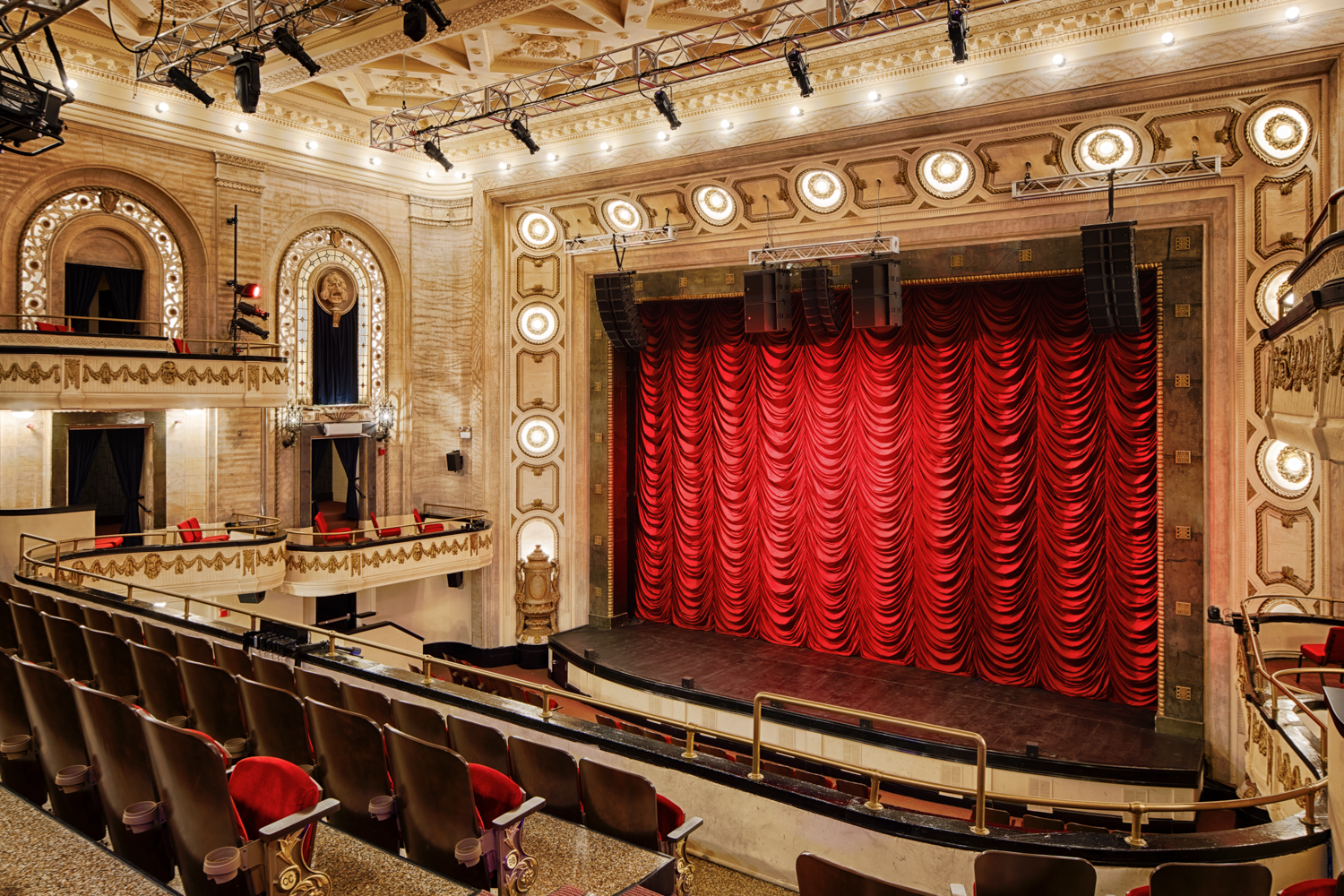
COT CONNECTS:
BACKSTAGE PASS
Articles and Interviews to Enrich your Opera Experience

Adapting the Bard: Shakespeare on the Operatic Stage
Shakespeare himself often reflected on the power of music and imagination. In Twelfth Night, the Duke’s famous line—“If music be the food of love, play on”—acknowledges music as nourishment for our most powerful emotions. In The Merchant of Venice, Lorenzo warns that “The man that hath no music in himself… is fit for treasons, stratagems and spoils,” affirming music’s role as a measure of humanity itself. And in A Midsummer Night’s Dream, Shakespeare offers a vision of the creative process itself: “The poet’s eye, in a fine frenzy rolling, doth glance from heaven to earth, from earth to heaven; and as imagination bodies forth the forms of things unknown, the poet’s pen turns them to shapes, and gives to airy nothing a local habitation and a name.” These words remind us why his plays have so often inspired composers and librettists: they are already alive with rhythm, song, and theatrical imagination, inviting reinvention on the operatic stage.

Cracking Open the Creative Process
From the earliest libretto drafts to piano-vocal scores and finally the full orchestral score, hearing a work come to life off the page at every stage of development is both exhilarating and invaluable for the writers. Understandably, there is often a desire to keep this process private: the operas are still evolving, the artists are still experimenting, and early exposure can invite snap judgments that risk undermining a piece before it has the chance to reach its full potential. But keeping workshops entirely behind the curtain creates its own problems…
